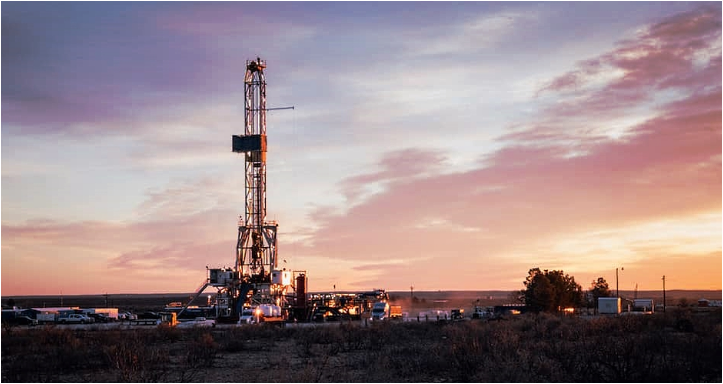Pemex’s fracking push is controversial, but company leaders argue the alternative is worse: leaving valuable gas in the ground and keeping Mexico hooked on U.S. imports.
“What you know of as fracking is very different today — we are not going to do that,” Pemex CEO Víctor Rodríguez told lawmakers in August. “But the potential is there. What are we going to do? Leave it in the ground, keep draining our current fields, and stay at the mercy of U.S. gas?”
For Mexico, dependence on its northern neighbor has turned from convenience into a liability. Under Donald Trump, Washington used energy trade as leverage in tariff threats and immigration disputes — a strategy many in Mexico see as proof they must speed up energy independence.
Some Critics warn of groundwater contamination and tremors linked to fracking, and activists accuse Pemex of rebranding the process to dodge public backlash. Yet supporters say Mexico can’t afford to keep relying on an increasingly hostile U.S. “Fracking is the only way to revive production, stabilize Pemex’s finances, and protect our economy from political shocks,” said one industry analyst.
For President Claudia Sheinbaum shale development could become less a choice and more a matter of sovereignty — a race to break free from a neighbor whose policies have grown unpredictable, if not outright toxic.
- Pemex wants to expand fracking to untapped shale fields.
- Goal: boost production, fix Pemex’s finances, and cut Mexico’s reliance on U.S. natural gas.

